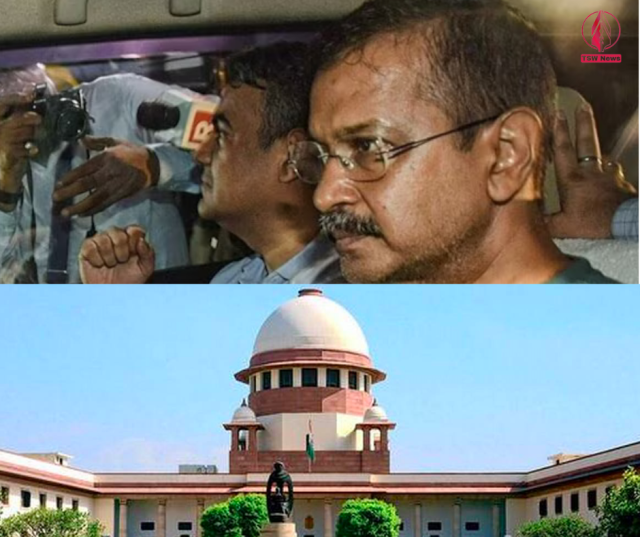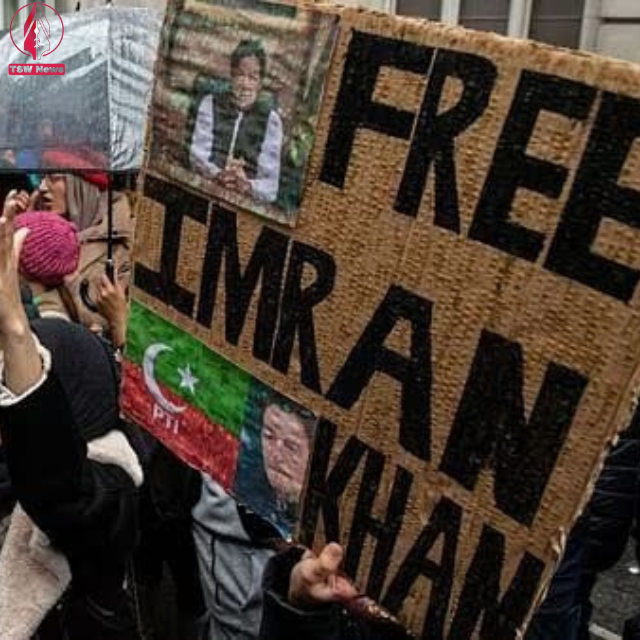Kejriwal's Counsel Argues Against "Trigger-Happy" Arrests in Supreme Court
- Posted on September 5, 2024
- News
- By Arijit Dutta
- 69 Views
Arvind Kejriwal's lawyer, AM Singhvi, argued in the Supreme Court against the CBI's arrest, terming it an "insurance arrest." He emphasized Kejriwal's status as a non-flight risk constitutional functionary and criticized the timing and grounds of the arrest. Singhvi called for stricter regulation of arrest procedures in high-profile cases.

In a high-stakes legal battle, senior lawyer Abhishek Manu Singhvi presented a robust defense for Delhi Chief Minister Arvind Kejriwal before the Supreme Court on Thursday. Singhvi, seeking bail for his client, characterized the Central Bureau of Investigation's (CBI) actions as an "insurance arrest" and called for stricter regulation of arrest procedures.
Singhvi emphasized Kejriwal's status as a constitutional functionary, asserting that he poses no flight risk. The lawyer's arguments centered on the timeline and circumstances of Kejriwal's arrest, highlighting what he perceived as irregularities in the CBI's approach.
A key point in Singhvi's argument was the absence of Kejriwal's name in the original First Information Report (FIR) filed by the CBI in the Delhi excise policy case. He noted that Kejriwal wasn't called for questioning as a witness until nearly eight months after the case's initiation.
The defense counsel drew attention to the sequence of events leading to Kejriwal's arrest. He pointed out that while the Enforcement Directorate (ED) arrested Kejriwal in March 2024, the CBI's arrest came much later, on June 25, despite the case being open for two years. Singhvi termed this as an "insurance arrest," suggesting it was a precautionary measure by the CBI following the Supreme Court's interim bail grant to Kejriwal in May.
Singhvi also highlighted previous court orders, including a Supreme Court note stating Kejriwal was not a threat to society, and a trial court's grant of regular bail. He argued that the CBI's arrest, coming after these favorable judgments, lacked justification and failed to comply with Section 41A of the Criminal Procedure Code.
Also Read: Detailed Blueprint for Theatre Commands to Be Unveiled at Lucknow Military Commanders Conference
The lawyer took issue with the CBI's grounds for arrest, which reportedly cited Kejriwal's non-cooperation and evasive replies during interrogation. "You can't just barge in to arrest without any basis. You can't be trigger-happy. There have to be safeguards," Singhvi asserted, calling for more stringent regulations on arrest procedures.
As the Supreme Court considers these arguments, the case continues to draw significant attention, given its implications for political figures and the broader issue of arrest protocols in high-profile cases.




